The proposed research project was comprised of the following phases:
(a) review of the literature in mathematics education and cognitive psychology in relation to the role of gestures in learning, geometrical understanding and communication with emphasis on early childhood,
(b) longitudinal observation of groups of kindergarten children and their interactions with their teachers and peers during the teaching and learning process in geometry, focusing on their gestures and their connections with verbal and other representations,
(c) development of the project instruments, i.e., tests assessing children's geometrical abilities, and of the classroom-based intervention program,
(d) implementation of an experiment with a pretest-postest-retention-test experimental-control group design,
(e) analysis of the qualitative data about the processes the children go through in making sense of geometrical concepts with a focus on their gesture and speech acts and their changes over time,
(f) statistical analysis of the quantitative data about children's geometrical abilities and the effects of the intervention on their development,
(g) organization and dissemination of the results and the implications of the study by presenting them to educators and educational policy makers, by developing a webpage of the project, by preparing and publishing the research findings in international scientific journals and proceedings of international conferences.

